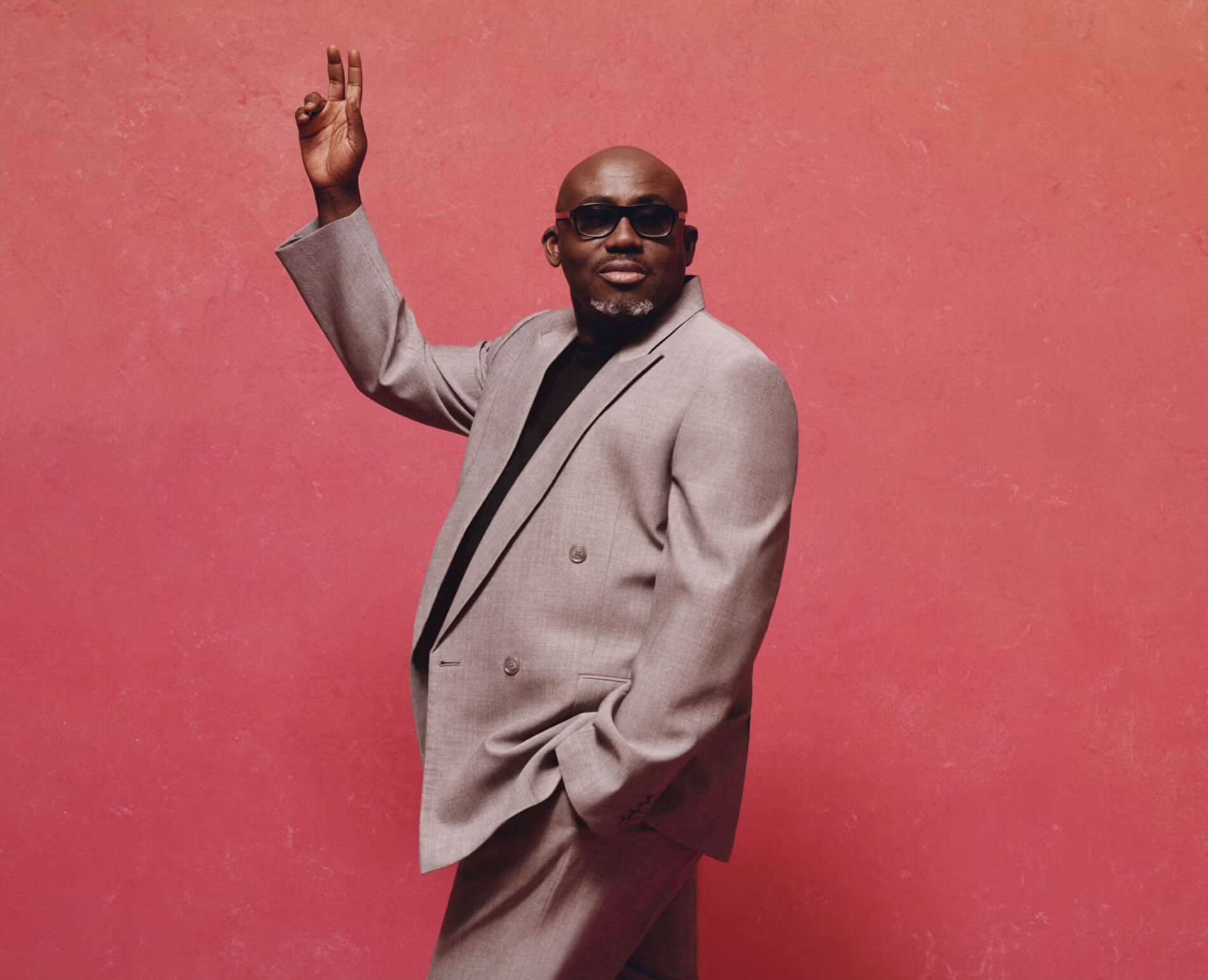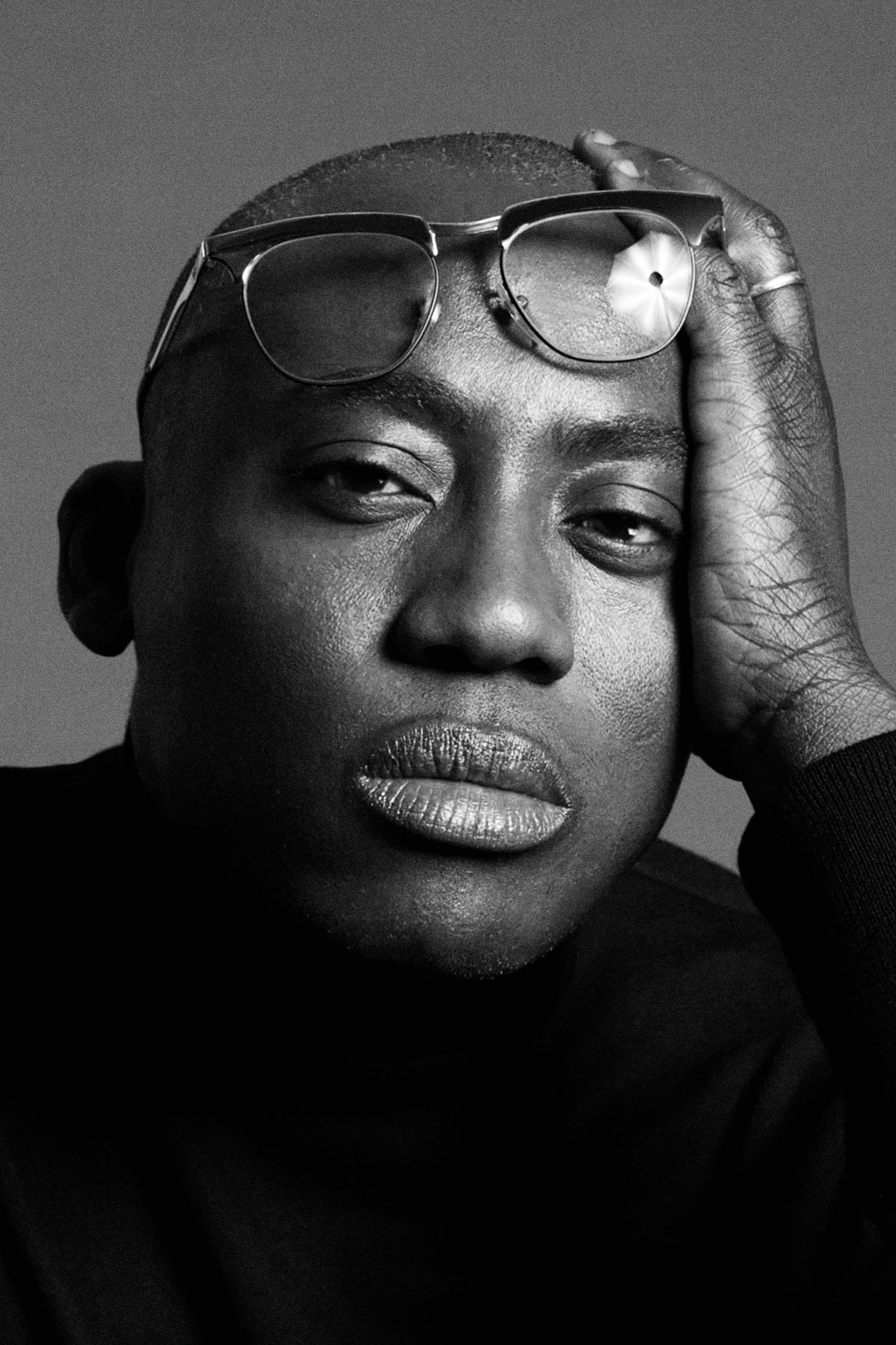
From his mother’s atelier to British Vogue and now EE72’s 72, Enninful is rewriting what prestige and power look like in fashion media.
From his mother’s atelier to British Vogue and now EE72’s 72, Enninful is rewriting what prestige and power look like in fashion media.
Few figures in contemporary fashion have shaped its direction as definitively as Edward Enninful. Over three decades, the Ghanaian-British editor and stylist has risen from an 18-year-old wunderkind at i-D to the first Black Editor-in-Chief of British Vogue. His vision has threaded through Vogue Italia, W Magazine, and US Vogue, curating images that didn’t just reflect culture but insisted on rewriting it.
In 2024, he stepped down from the helm of British Vogue and transitioned into a new role as Vogue’s global creative and cultural advisor: a title that signaled both continuity and departure. Because in parallel, Enninful was building something of his own: EE72, a creative company he co-founded with his sister Akua, and its flagship quarterly print magazine, 72.
Ad-free, collectible, and unapologetically print-first, 72 represents more than a new project. It is the culmination of a journey that began in his mother’s atelier and wound through the corridors of Condé Nast: a journey that, at every stage, has wrestled with questions of representation, power, and ownership.
Enninful’s earliest memories of fashion are tactile. Born in Takoradi, Ghana, and raised in West London after his family emigrated, he grew up in his mother’s atelier, watching her work as a seamstress. Pins, patterns, and fittings were his first education; lessons in how clothes lived on the body, how fabric could translate memory and meaning.
That grounding in the practical and the personal would become a defining trait. At 18, Enninful was spotted on the London Underground and soon after became fashion director at i-D. It was 1991, and he was the youngest-ever to hold such a position at a major international magazine. From the start, his editorial voice was unmistakable: raw, political, and steeped in the energy of Britain’s multicultural youth.
His pages blurred lines between streetwear and high fashion, between outsider and insider aesthetics. For a generation that didn’t see itself in traditional glossies, Enninful’s work at i-D opened doors. It was proof that fashion could be democratic, that magazines could look like the world outside their pages.

The next decades carried Enninful into the heart of the establishment. He became a contributing editor at Vogue Italia, where he collaborated on the groundbreaking “Black Issue” in 2008, a moment that centered Black models and culture in a way global fashion had rarely attempted. He later joined US Vogue and then steered W Magazine through a creative revival as its fashion and style director.
In 2017, he broke history again: appointed Editor-in-Chief of British Vogue, the first Black man ever to hold the position. His tenure transformed the publication’s identity. Covers featured activists, athletes, musicians, and models whose presence shifted the cultural center of gravity. Diversity, long treated as occasional theme, became everyday reality.
Enninful’s Vogue didn’t just mirror fashion’s changing face, it accelerated it. The magazine’s pages carried the politics of visibility, making it impossible to separate aesthetics from justice. His final issue, in March 2024, was a masterstroke: forty women, from Oprah to Miley Cyrus, photographed together by Steven Meisel. It read less as a farewell and more as a summoning, a portrait of influence at scale, curated by the man who had redefined it.
Even as he reshaped magazines, Enninful sought new canvases. In 2024, he stepped into the art world as a curator with an exhibition of Robert Mapplethorpe at Thaddaeus Ropac Gallery in Paris. The show assembled forty-six of Mapplethorpe’s prints in pairings that echoed editorial spreads.
It was an editor’s touch: the same instinct for juxtaposition, narrative, and rhythm, but transposed onto walls instead of pages. The exhibition signaled how Enninful’s skill: seeing connections, constructing stories; wasn’t bound to any single medium. Whether in magazines or galleries, his work has always been about authorship: shaping how culture is seen, and by whom.

That instinct is now fully his to wield. In 2025, Enninful co-founded EE72 with his sister Akua, serving as Chief Creative Officer. Its first offering, the quarterly magazine 72, arrived with a clear premise: a print magazine without advertising, designed to be collectible, deliberate, and free of commercial interference.
The debut issue placed Julia Roberts on the cover, in conversation with George Clooney. Inside, the roster of contributors stretched across culture: Oprah Winfrey, Gwyneth Paltrow, Pharrell Williams; each adding weight to a project that was less about celebrity than about independence. At £15 a copy, 72 positioned itself as an object of value, not ephemera.
In an era where magazines are collapsing or pivoting to clicks, Enninful doubled down on print. More than nostalgia, it was a strategic move. Print offers permanence, a slower rhythm, and most importantly, ownership. In choosing not to rely on advertisers, Enninful has freed 72 to follow vision, not revenue streams.

This is the thread that runs through Enninful’s story. From the atelier to i-D, from Vogue to EE72, his journey maps the shift from working within institutions to building his own. Ownership here is more than a business decision; it is a philosophy.
For decades, fashion’s power has belonged to the gatekeepers: the legacy houses, the glossy mastheads, the boardrooms. Enninful mastered that world, but now steps outside it, carrying lessons learned and authority earned. With 72, he is setting his own terms.
It reframes what prestige looks like. No longer borrowed from legacy brands or dictated by advertising budgets, prestige becomes a matter of authorship, of creating a magazine that is accountable only to its readers and makers. For a Black creative who spent his career transforming institutions from within, the act of building one outright is a radical edit.
Edward Enninful’s legacy will not rest solely on the covers he produced at Vogue, though they were many, and unforgettable. It will be measured in the standard he set for what creative ownership can look like. 72 is more than a publication. It is a statement that independence is not the opposite of prestige, but the future of it.
For Enninful, the work is no longer about holding the keys to fashion’s gates. It’s about building the house itself.
Comments